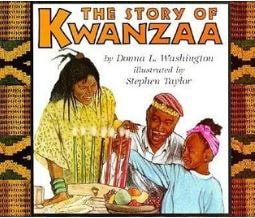 Celebrating Kwanzaa has come a long way since its inception in 1966. When our store started celebrating in 1994, we had an intimate group meet in our first Oak Park location with about 35 parents and children. I remember telling the audience that we had children to thank for this gathering because many came in asking questions of our salespeople and their parents. Kwanzaa, which means "first fruits" in Kiswahili. It is celebrated for 7 days starting on December 26, 2022 this year. It is celebrated annually by most African Americans as a non-religious cultural Holiday to pay tribute to family, community, and heritage. The seven principles are: Umoja/Unity, Kujichagulia/Self Determination, Ujima/Collective Work and Responsibility, Ujamaa/Cooperative Economics, Nia/Purpose, Kuumba/Creativity, and Imani/Faith. The seven symbols are: Kinara, Cup (Kikombe Cha Umoja), Mat (Mkeka), Candles (Mishumaa Saba), Fruit/Crops (Mazao), Gifts (Zawadi), and Corn (Muhindi). KWANZAA CELEBRATION 2022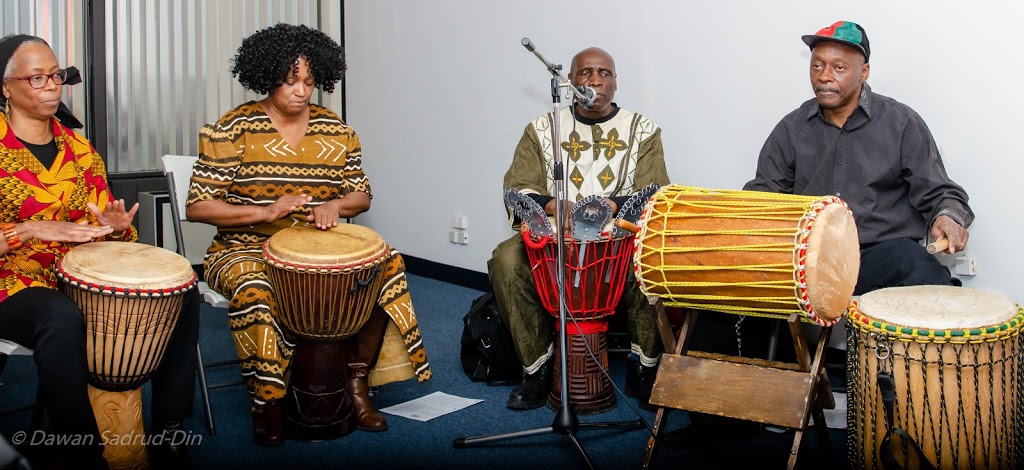 Afriware Books Kwanzaa Event 2019 (Pre-pandemic). Pictured clockwise starting upper right - Afriware Books Kwanzaa Planning Committee members, Black United States Africans (BUSA) Drumming Group, upper left is the speaker the now deceased Wally Safford (Prince's bodyguard) interviewed by Dr. Margena Christian for his book, "Wally, Where'd You Get Those Glasses." The recognized creator of Kwanzaa, Maulana Karenga, has written a detailed and resourceful book on the history and cultural importance of the Holiday called, "Kwanzaa". It provides everything you ever wanted to know about the topic especially if you are preparing for a formal celebration. For teachers and parents who may not have the time to devote to the 143 page read, we've put together a number of books by Black authors that are geared for children. They summarize the symbols and principles and history of Kwanzaa. And while the detail of the books being written by black authors may seem like common sense, it should not to be presumed. I remember back in the early 2000's when Ebony magazine interviewed Afriware about Kwanzaa, the article mentioned its commercialized aspects listing JC Penny and Walmart's sale of some of the Kwanzaa items. We've remained very sensitive about this and always ask where the kinaras are sourced. This years batch of kinaras are from Ghana. We are happy to invite you to our 2022 Annual Kwanzaa Celebration! After a two year hiatus, we're back in person and planning an online event as well. The details for our event is at this link. The basics about the secular Holiday includes an explanation about the 3 pillars on which it is based: The 7 Principles, The 7 Symbols and the history behind the 7 Lettered spelling of Kwanzaa. Going to the accompanying festivals during this time of year adds to the excitement of the Holiday though in 2020 during the pandemic, this was relegated to online celebrations for the most part. Kwanzaa principles can be incorporated into every month of the year since they can be applied to most day to day tasks. For example, one of the principles is "Purpose", or "Nia" in Swahili. It's important to know your purpose in life so you stay on track with your personal, community cultural, physical, spiritual, and lifelong goals. All the principles have a very practical aspect that lends well to making them more digestible for younger audiences. Kwanzaa Books for Children by Black AuthorsIt is quite interesting to note that there are a few books written on the topic that are not by Black authors. Some customers insist on making sure that those who profit off of the Holiday are reflective of the cultural community that the book is about. How is it that when people point the finger and say pick yourself up by your bootstraps end up tossing taking advantage of a situation
Seeking more information when curious is a great characteristic to have about a topic you're learning about. Everything isn't understood in one sitting, or from one book. Gather from the oral and written history to create your own understanding. For more books on Kwanzaa and Kwanzaa kits click here. Nzingha Nommo is the author of this blog. She is the owner of Afriware books and has held Kwanzaa celebrations there for over 20 years. Here's more information about her here. More info on Kwanzaa?As always, I appreciate that you have read through this blog post. I hope that you’ve become curious to read more books about Kwanzaa. We ask that you consider purchasing your books from our Black owned bookstore, Afriware Books, Co. If there is a title you’d like to purchase that is not mentioned here, or could not be found on the website, feel free to email us at: [email protected]
Comments are closed.
|
AUDIOBOOKSMERCHGIFTSjoin email listACADEMIC BOOKSblog Author/
|
- Store
- Blog
- AUDIO BOOKS
- EBOOKS
- SEARCH
- Welcome
- GoFundMe
- TUCC
- Events
- READING GUIDE
- AUTHOR INFORMATION
- ARTIST BIO/PRICE
- NNEDI OKORAFOR BOOKS
- PODCAST
- LARUE'S HAND IN CLAY
- About Us
- FREQUENTLY ASKED QUESTIONS
- BOOK FAIR /SCHOOLS / CLUBS
- Photo Gallery
- EJP BOOK DRIVE
- Videos
- Newsletter/Articles
- Archives
- External Links
- Afriware Statement on COVID-19
- GREATER LAKES
- Afriware Merchandise
- AFFILIATE INFO
- SEBRON GRANT ART DESIGNS
- Mother's Day Bundles
- CARTOON
- ROBOTS
- STEM
AFRIWARE BOOKS CO. A COMMUNITY BOOKSTORE SERVING:
|
|
Melrose Park, IL
|
|
,AFRIWARE BOOKS, CO,
1033 SOUTH BOULEVARD, OAK PARK, IL 60302 708-223-8081 ONLINE SUPPORT: Thurs-Fri. 4-6pm Sat. 12-2pm, IN PERSON EVENTS: afriwarebooks.com/events |
Want to try a great website builder, try Weebly at: https://www.weebly.com/r/9SAD4V


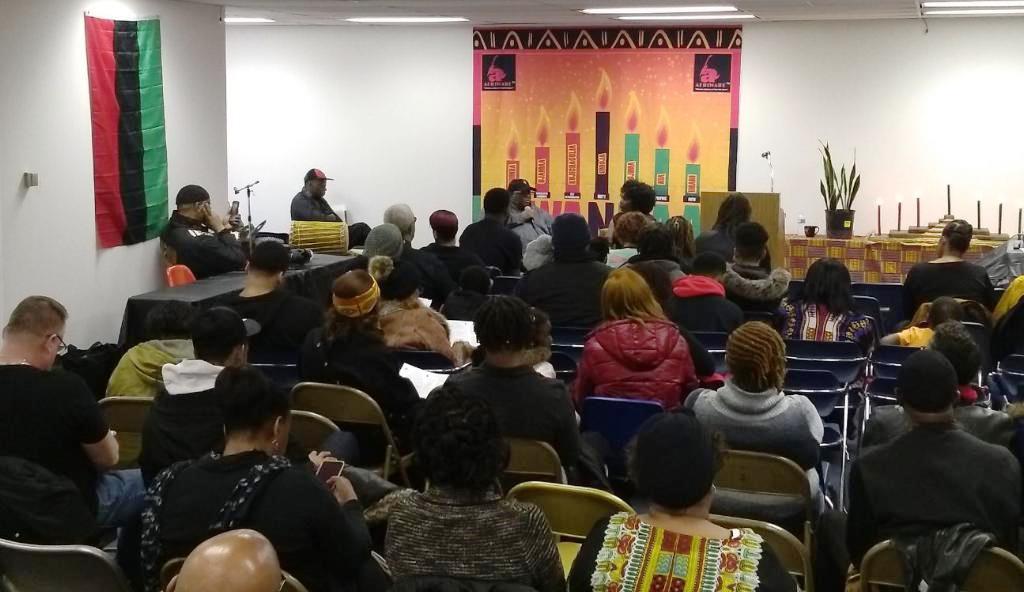
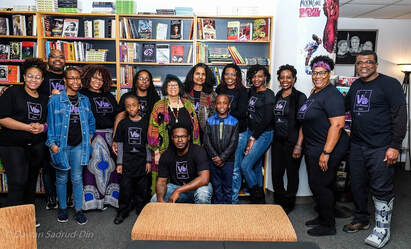
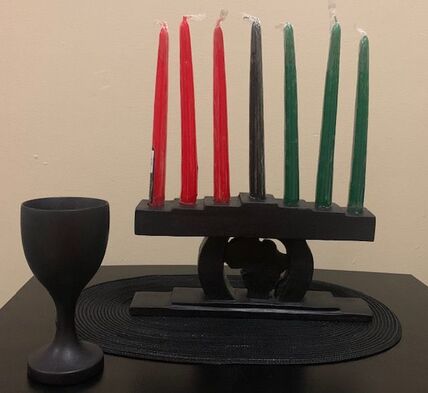
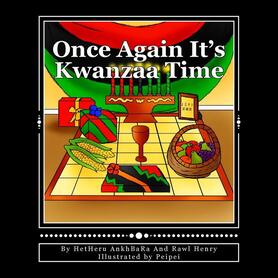

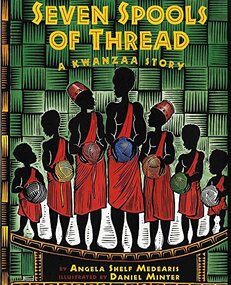
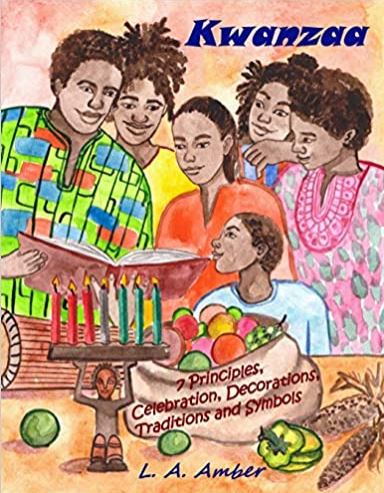
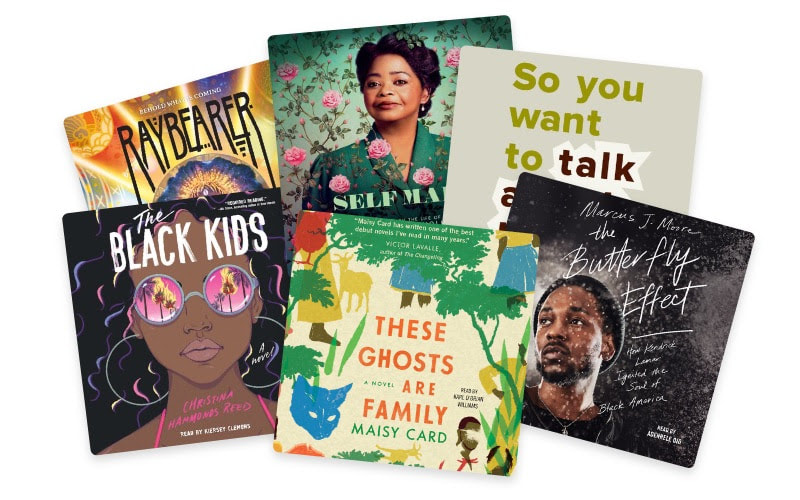





 RSS Feed
RSS Feed


